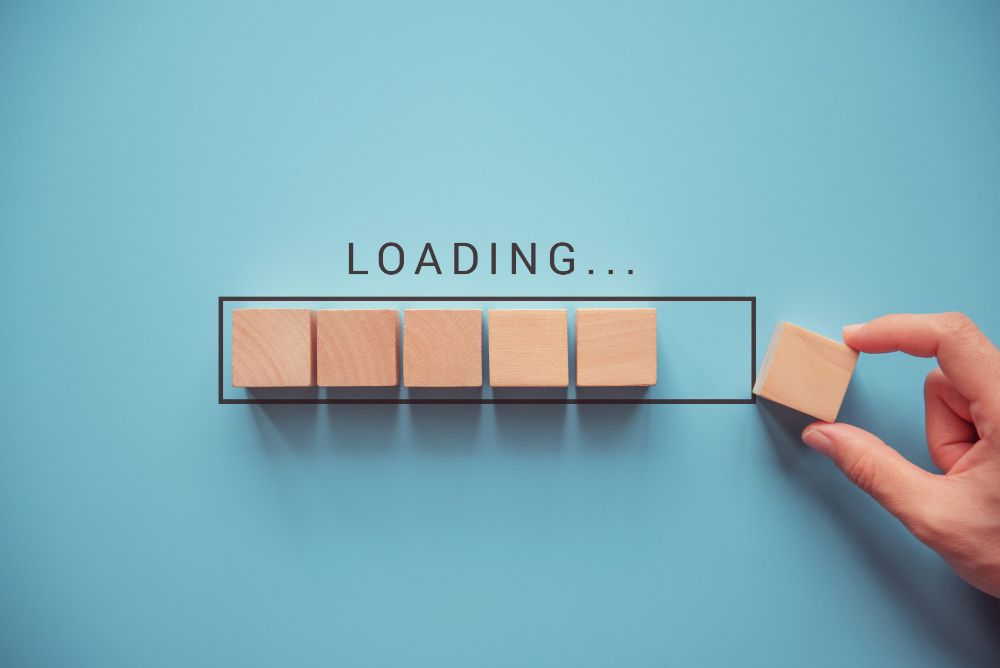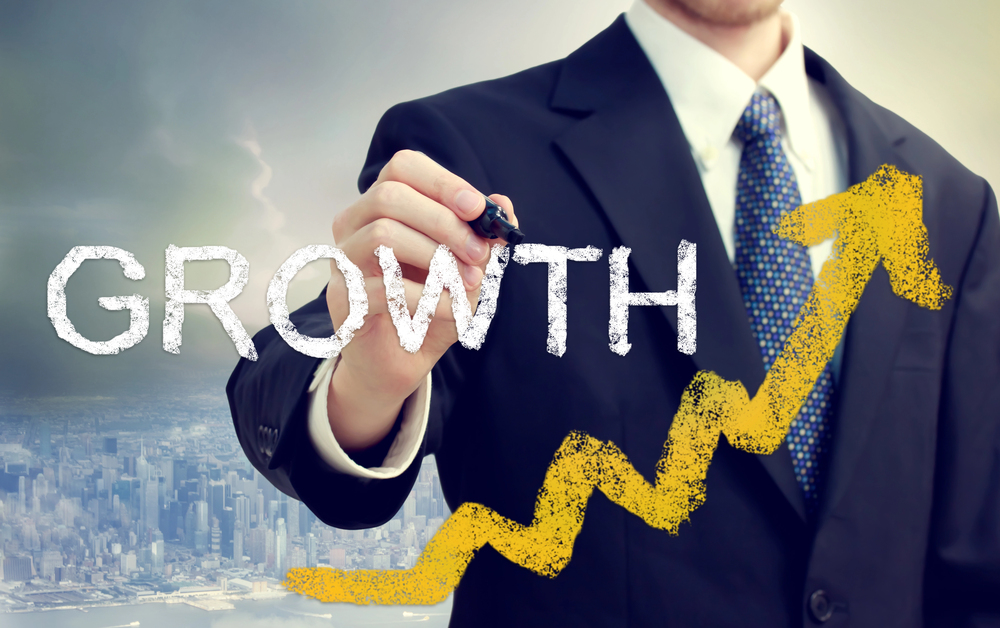
Why is Site Speed important?
Website loading speed is a factor within websites that often gets overlooked. And yet it not only directly impacts your SEO and ranking, but also your users’ experience. If you are online, searching for a product and the website you choose takes a while to load, it is likely you will feel frustrated. Much like waiting in a queue in a shop, it’s annoying, time consuming, and you might even just give up entirely if the wait is too long.
Similarly, people online are less likely to stick around and wait for a website to load, especially when there may be so many websites with similar products to choose from just a couple of clicks away.
This is why speed is so important. It not only reflects on your brand and business but also affects your SEO and customers experience.
This article looks at the different areas that load speed affects and the methods you can utilise to make your site that little bit faster…
Impacts on your SEO and ranking
If you’re considering a website or already own one, we don’t doubt you’ve heard of Search Engine Optimisation (SEO). Mostly because SEO is so important when it comes to how your website will perform and rank in the search results pages (like Google) and one aspect that will impact this is speed.
This is due to Google now using your website speed as a ranking factor. It is also directly linked to user experience, as typically your site speed will provide a more positive experience for your customers. Despite this it is important to understand that this is just one factor of your SEO and ranking, so although it is important to consider it is still absolutely necessary to focus on other SEO factors as well.
Responsive sites
Having a responsive website is crucial regardless of speed. Without one you will miss out on a large number of users specific to (in this example) mobile. This will impact your user experiences, how many people you can reach, and your SEO.
Due to this, it is not only important to have good versions of your site across different screen sizes, but also to make sure that those versions are not slow. This means checking that the design and layout of the site will work in an efficient manner. This will help towards making sure your website is fast on multiple screen sizes, and thus, result in a positive user experience.
Customer satisfaction
Customer satisfaction is one of the biggest factors when it comes to your website’s speed. Afterall, your customers are the bread and butter to your business, without them there may be no business to begin with. This is why ensuring their satisfaction is so significant, and one way you can do this is through a faster website.
Website speed will determine how customers perceive your brand. For example, a slow website could create a bad impression as customers may associate your company with bad quality, and the opposite can be said for a faster site. As first impressions are so important in whether you gain or retain customers it is crucial for you to pay attention to your website’s speed.
One thing worth noting is how long a customer will wait for your website or a page to load. On average, studies have found that around 1 to 3 seconds is the amount of time that customers will wait for your website to load. For example ‘two seconds is the new threshold, while 40 percent of shoppers will wait no more than three seconds before abandoning a retail or travel site.’
From this, in order to create a positive user experience, it is recommended that your website’s load speed is no longer than 3 seconds. Any longer could potentially lose you customers. In addition to this, as a quick and reliable website will determine how customers perceive your business, it will also help towards gaining loyal customers, who will play a big part in your website’s success.
Conversion rates
Many studies have found that a website’s speed will directly impact a website’s conversion rates.
So, what are conversion rates?
Simply put a conversion rate is the percentage of people that visit your website who will take a desired action, for example, out of all of your visitors on your site, those who take the action to click on a desired Call To Action (CTA) will now work towards your conversion rates. ‘A higher conversion rate is indicative of successful marketing and web design: It means people want what you’re offering, and they’re easily able to get it!’
With a slower website your conversion rates will be lower. As we’ve mentioned previously, a faster website works towards customer satisfaction, and a satisfied customer is more likely to stay on your website and take a desired action. The more seamless and easy to use a website feels, the better the user experience and the number of conversions you should generate all of which will tie in with your conversion rates.
A study found that 57% of buyers will abandon their online shopping baskets if it takes more than 3 seconds to load. This relates back to the importance of having a website that loads within 3 seconds. To gain higher conversion rates you want people to take action, but if they become impatient due to slow loading times, it is likely that the desired action will not occur.
The Methods to a faster website
Hosting
Make sure to pick the right hosting for your website. Oftentimes, people will choose the cheapest options to host their website. While this will save you money in the short term, you may lose potential customers in the long term, once you get more traffic it is important that your hosting is as good as it can be. It is important you do your research before you choose where to host your website, to ensure that it is the right pick for you.
Optimise your files
This might not be something you think of right away, but optimising files such as images or videos is a great way to speed up your site. This will simply decrease their file size so that they take up less space. This will then increase your website load speed by making it take less time for the web page to load and render all the assets of the page.
In addition to this, where you host your videos on your site can play a large role in speed. We understand how having all of your videos in one place might be useful, but a video that is loaded from youtube will work just as well as a video that is uploaded to your website – if not, better!
The Design
When designing your website, whether you are doing it or you are getting a designer to help, a simple minimalistic design will go a long way in helping your website be faster. Simply put, less is more, if you have less assets on your website, then it will load faster. If your website speed is increased due to a more simple design, it can lead to higher conversion rates, increased rankings and create a more positive user experience!
How can you check your website speed?
There are many tools that you can use to check your speed, but one we recommend is ‘Google Page Speed insights’ This will show you how fast your website is across both mobile and desktop. As well as, outline which aspects of your website are slowing you down. This short rundown is a great help when trying to decipher what might be slowing your website down across different devices.




